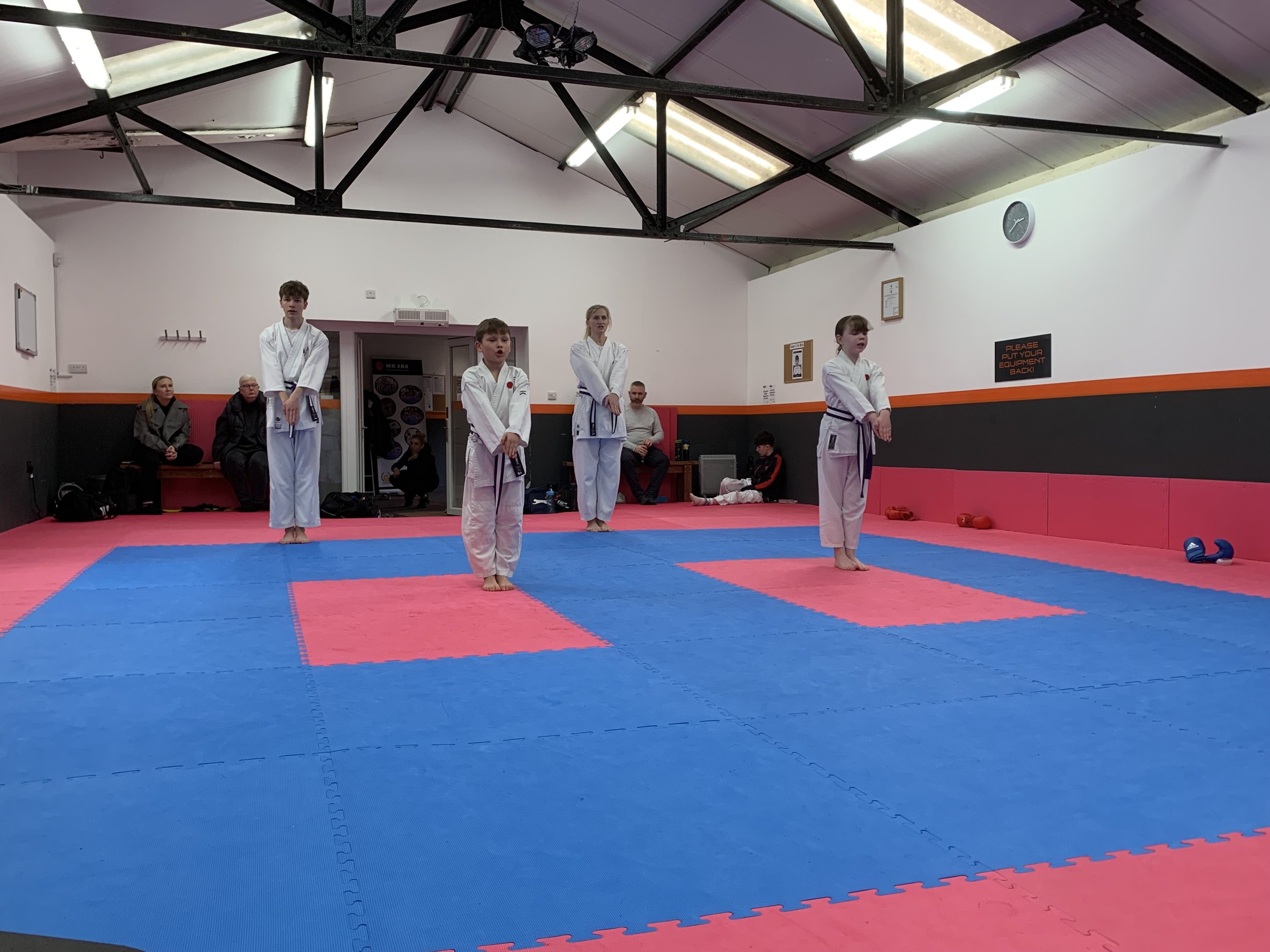Embodying an amalgamation of physical prowess and mental fortitude, the Japanese martial art of Karate is profoundly more than a mere combat technique. The underlying philosophy and code of conduct, derived from centuries-old Eastern principles, shape not just the physical, but also the mental and spiritual being of its practitioners. In this context, we delve into an enlightening exploration of these principles, demonstrating how they sculpt minds and bodies in the dojo.
In this exploration, we will journey through the essence of Karate, from its philosophical roots to its ethical conduct codes. We aim to reveal the invisible threads of wisdom that weave together the tangible fabric of this art form, providing insights into the Dojo’s ethos, often unseen but deeply felt by practitioners. This exploration will provide a comprehensive understanding of the tenets that Karate is founded on, offering a vivid portrayal of the unseen dojo’s ethos.
We will dissect the philosophical principles and conduct codes integral to Karate, bringing into the limelight their immense significance in shaping practitioners’ overall development. Our exploration will touch upon aspects like respect, discipline, patience, perseverance, and humility, illuminating how these traits are fostered in the dojo. So, brace yourself for a profound journey into the soul of Karate, where we unearth the principles that mold bodies and minds. Join us as we unravel the wisdom embedded in this revered art form.
The Philosophical Underpinnings of Karate
The philosophy of Karate is deeply intertwined with its physical practice. Rooted in the ancient beliefs of Buddhism and Taoism, Karate embodies principles that guide both the mind and body in the pursuit of a balanced life.
Harmony and Balance
Central to Karate philosophy is the concept of harmony and balance. This principle is echoed in the practice of Kata, a prearranged sequence of techniques that emphasize control, precision, and balance. This balance is not only physical but also mental, requiring a harmony between the body and mind. The practitioner must be in a state of mental calmness and clarity, allowing for optimal focus and decision-making.

Respect and Discipline
Another key principle of Karate philosophy is respect and discipline. This principle is demonstrated through the bow, a gesture of respect towards the dojo, the sensei, and fellow practitioners. In addition, the discipline required to learn and perfect Karate techniques instills a sense of self-control and perseverance in practitioners.
Dojo Codes of Conduct
Complementing the philosophical principles of Karate are the dojo codes of conduct. These rules serve to foster an environment of respect, discipline, and learning.

Respect for the Dojo
In a Karate dojo, respect is paramount. Practitioners must show respect for the dojo by maintaining cleanliness, behaving appropriately, and observing silence during practice sessions. This respect extends to the sensei, fellow practitioners, and oneself.
Discipline in Training
Discipline is a fundamental requirement in Karate training. The dojo code of conduct mandates regular attendance, punctuality, and diligent practice. Adherence to these rules cultivates a discipline that can be applied in all aspects of life.
Application of Karate Principles in Life
The principles learned in Karate extend beyond the dojo. Practitioners can apply these principles in their daily lives, leading to personal growth and development.
Harmony and Balance in Life
Just as the physical practice of Karate demands balance and harmony, so too does life. The balance between work and rest, physical health and mental well-being, and other aspects of life can be better managed by applying the Karate principle of harmony and balance.
Respect and Discipline in Personal Conduct
The respect and discipline cultivated in the dojo can have profound impacts on personal conduct. By practicing respect for others and discipline in actions, Karate practitioners can foster healthier relationships and become more successful in their pursuits.
Conclusion
While Karate is often viewed primarily as a physical discipline, its philosophy and codes of conduct serve as a comprehensive guide for the development of the body, mind, and spirit. Through the practice of Karate, practitioners are not just trained in self-defense, but also in the principles and virtues that contribute to a balanced and fulfilled life.
In conclusion, Karate goes beyond mere physical prowess, offering an all-encompassing approach to holistic development. The fundamental principles of harmony, balance, respect, and discipline not only guide the practice in the dojo, but also permeate every aspect of a practitioner’s life. The dojo’s codes of conduct, rooted in these principles, foster a conducive environment for learning, growth, and character building. This art form’s emphasis on mental tranquility and clarity aligns the mind and body, cultivating a state of optimal focus and decision-making.
Furthermore, Karate’s philosophical tenets extend outside the dojo, providing invaluable life lessons. They guide practitioners in achieving work-life balance, maintaining mental and physical well-being, fostering respectful relationships, and instilling discipline in their actions. In essence, Karate serves as an enlightening path leading to a balanced and fulfilled life. The harmony of mind, body, and spirit achieved through Karate echoes the ancient wisdom of Buddhism and Taoism, establishing Karate as a profound philosophy rather than a mere martial art.
